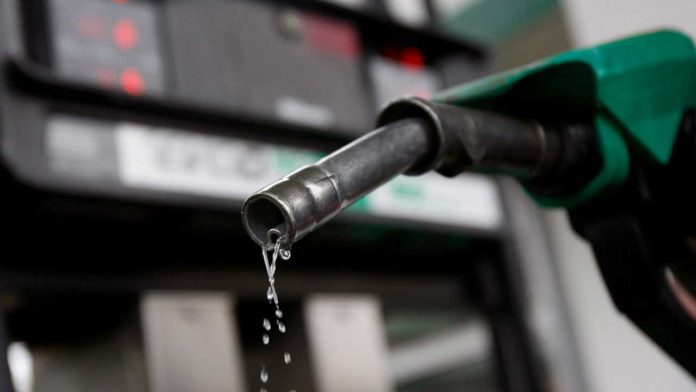The Federal Government says the comparison made by President Muhammadu Buhari on fuel prices between Nigeria, Saudi Arabia and other countries in his 2020 Independence Day national broadcast is justified.
Minister of Information and Culture, Alhaji Lai Mohammed, made the submission when he featured on a Radio Nigeria current affairs programme, “Radio Link’’ on Saturday in Abuja.
President Buhari said in his Independence Day broadcast that: “we sell petrol at N161 per litre when same is sold at N168 per litre in Saudi Arabia; N211 per litre in Egypt; N362 per litre in Ghana; N362 per litre in Chad, and N346 per litre in Niger Republic.
“It does not make sense for petrol to be cheaper in Nigeria than Saudi Arabia,’’
A cross section of Nigerians, however, criticised the president for making such comparison without considering the minimum wage, standard of living and infrastructure in Saudi Arabia in particular.
Responding to the critics, the minister said there was nothing wrong in making such comparison.
“Some people have said that why should we compare ourselves to Saudi Arabia with better infrastructure and higher wages.
“Our answer to that is very simple. Saudi Arabia has 34 million people while Nigeria has 200 million people.
“Saudi Arabia produces 10 million barrels of crude oil per day, while Nigeria produces at its best, 2.1 million barrel per day.
“Their population is about one-sixth of Nigeria’s population and they are blessed with more resources.
“Therefore, they can afford to pay higher wages and build infrastructure.
“Our argument must be put in proper perspective.
“As we have said, whatever money we make from the subsidy removal, we will invest in infrastructure development’’ he said.
The minister commended organised labour for its understanding and patriotism in suspending its planned strike to protest the fuel price deregulation and the electricity tariff adjustment.
He noted that the suspension of the strike by the Nigeria Labour Congress, the Trade Union Congress and their affiliates, averted a “national calamity’’.
Alhaji Mohammed said after spending sleepless nights engaging with organised labour, the two congresses agreed with government that the fuel deregulation was inevitable
“The moment we lost as much as 60 per cent of our earnings and suffered a kind of shock in crude oil prices, we must deregulate.
“Between 2006 and 2019 we paid N10.413 trillion in fuel subsidies; an average of N743.8 billion per annum,’’ he lamented.
“The country right now cannot afford the subsidy regime,’’ the minister stressed.
He said government agreed with labour that it would facilitate the setting up of many modular refineries and rehabilitate existing regular refineries to cushion the effect of the deregulation.
He said the Ministry of Petroleum Resources would intensify efforts to ensure that Nigerians could get alternatives such as gas to power their vehicles and machinery.
Alhaji Mohammed said that the first auto gas station would be inaugurated and opened to public next week in Lagos.
On electricity tariff adjustment, the minister explained that government agreed with labour to establish a joint committee to investigate and confirm that the price increase did not affect vulnerable Nigerians.
He said the committee would specifically ascertain and ensure that the price increase did not affect Nigerians who get less than 12 hours of electricity per day.
Alhaji Mohammed said government would provide five million households with solar power in the next 12 months.
He said the solar energy programme would benefit at least 25 million people and would create about 250,000 jobs.
The minister said government was also working toward providing other palliatives to cushion the effect of the tariff adjustment and fuel price deregulation. (NAN)





